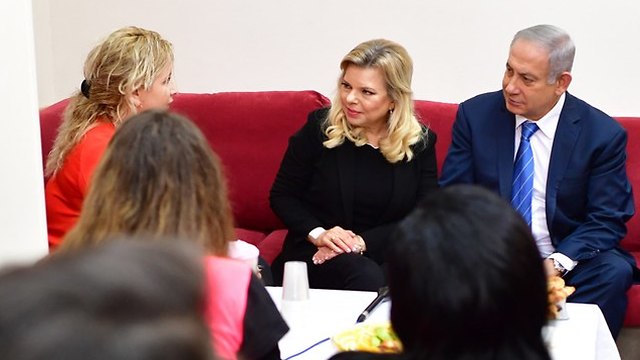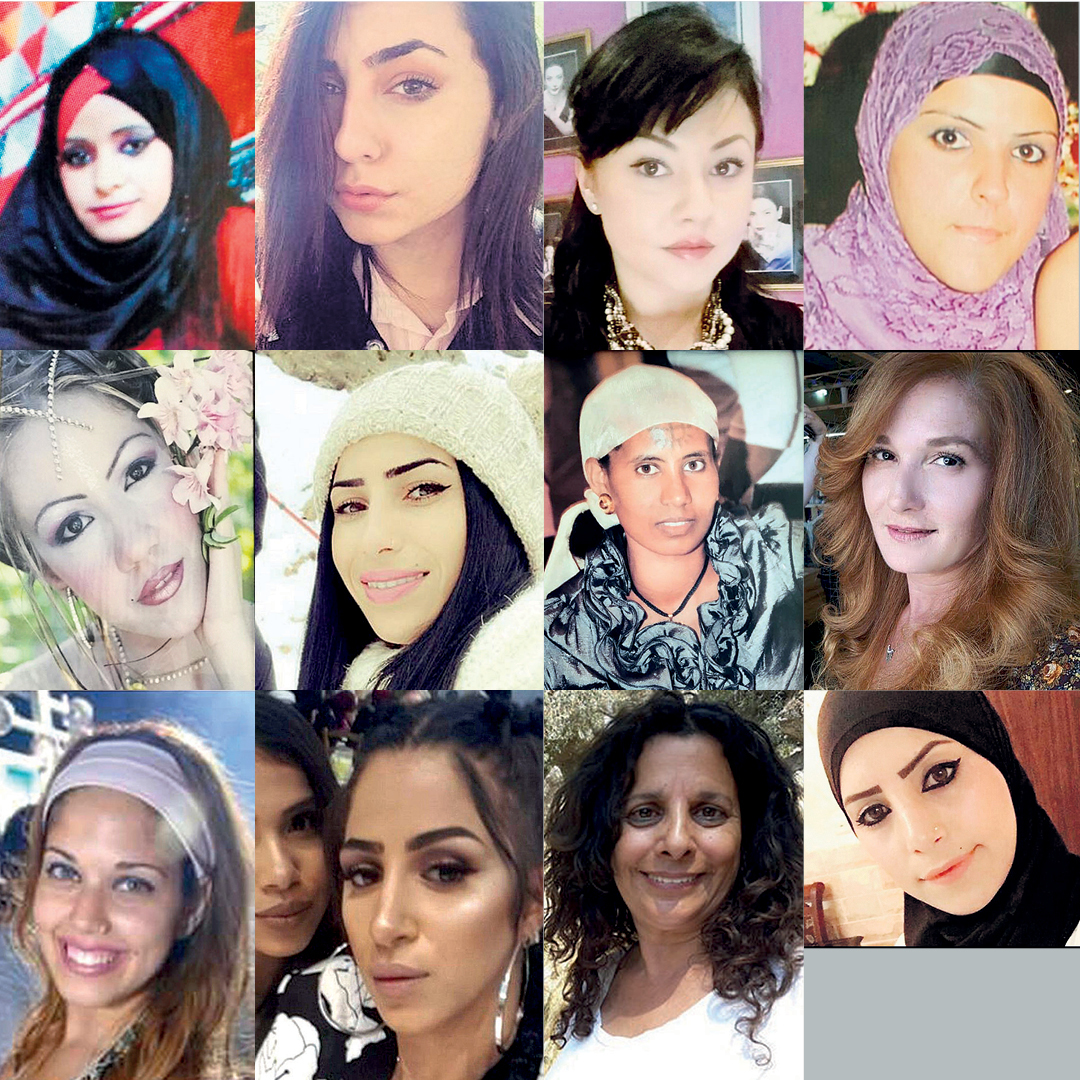

Battered women in Israel are just not interesting enough
Op-ed: Shocked by the stories he heard during a visit to battered women's shelter, Netanyahu urged the government to establish a ministerial committee to address the matter, only 4 days after he voted against a bill proposal to establish a parliamentary committee of inquiry into violence against women.
But only four days ago Netanyahu himself voted against a bill proposal to establish a parliamentary committee of inquiry into violence against women, not to mention that six months ago his government adopted the conclusions of another ministerial committee that reviewed the issue.
"Never mind, we'll establish another committee," Netanyahu said after he was reminded he had voted against the establishment of a parliamentary committee of inquiry.
But this joke is our lives, and the lives of over 20 women who were murdered in 2018 and of the 200,000 battered women in Israel.
And this is a tangible example of one of the major problems of our lives: politics has become a soccer match. Why did the prime minister vote against the establishment of the inquiry committee? Because it was proposed by the opposition. He did not bother to check whether it was a good and useful bill proposal. That's irrelevant. The bill was submitted by the rival group, which is enough to automatically reject it. This is also how positions are determined—by the identity of the opponents and proponents, rather than by practical considerations.
Much like in the scene from the cult Israeli movie "Sallah Shabati," in which a sign with the name of a donor who gave money to plant a forest is replaced with another name to please the new delegation of donors—this is how governmental committees are established in Israel.
The previous committee worked for three years and submitted serious and comprehensive recommendations that were adopted by Netanyahu's government. However, funds were not allocated, and so the committee's recommendations were not implemented. Establishing another committee, which will reach the same conclusions and make the same recommendations under a different title, is unnecessary.
One of the Knesset's most important roles is to supervise the government's work, ensuring that decisions that have been made receive the appropriate funding and that they get implemented. But the coalition government, strong and holding the majority, completely controls the agenda. And so, when the vote is automatic, disrespectful and inattentive, when not enough Knesset members are involved in parliamentary supervision and when there is no legal or public sanctions for failure to implement decisions, we have a problem.
This disrespect shows how low our lives are prioritized on the government's agenda. Violence against women is not a controversial political issue, which is exactly why the incompetence in handling this phenomenon is doubly outrageous. The issue is not neglected due to disagreement, indecisiveness or trouble understanding the steps that should be taken. It is neglected due to a genuine lack of interest. We are not interesting enough for the laws that affect our lives to be considered seriously and for the decisions to be implemented. We are just not interesting enough.
Tehila Friedman is a fellow at the Shaharit Foundation and is a researcher at the Hartman Institute.

















